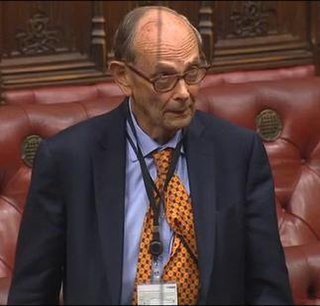
Roger Nicholas Edwards, Baron Crickhowell, PC was a British Conservative Party politician who served as an MP from 1970 until 1987 and as Secretary of State for Wales during the first two terms of the Thatcher government.
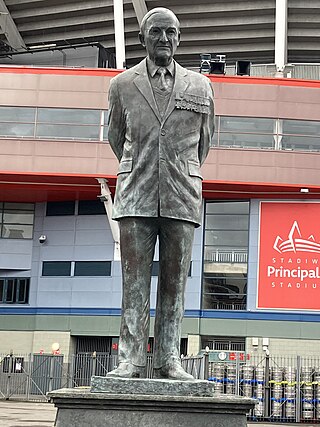
Sir Tasker Watkins was a Welsh Lord Justice of Appeal and deputy Lord Chief Justice. He was President of the Welsh Rugby Union from 1993 to 2004. During the Second World War, he served in the British Army and was awarded the Victoria Cross, the highest British award for valour in the face of the enemy. A war hero who was prominent in the law and in Rugby Union, Watkins was described as The Greatest Living Welshman.
John D Brayley MC DL Baron Brayley of Cardiff and County Glamorgan was a British Army officer and wealthy self made businessman and Labour Government Army Minister.

David Rees Rees-Williams, 1st Baron Ogmore, PC, TD was a British politician.
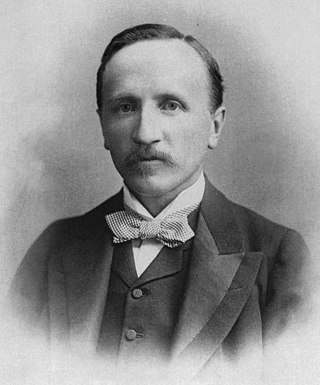
Robert George Windsor-Clive, 1st Earl of Plymouth,, known as the 14th Baron Windsor between 1869 and 1905, was a British nobleman and Conservative politician. He was the founding President of the London Society.
Lieutenant-Colonel Sir Walter Hugh Malcolm Ross, was a member of the Royal Household of the Sovereign of the United Kingdom, and from 2006 to 2008, master of the household to then Prince Charles.

David Sydney Rowe-Beddoe, Baron Rowe-Beddoe, is a Welsh businessman, a life peer and a crossbench member of the House of Lords. Lord Rowe-Beddoe is a former chairman of the Welsh Development Agency, and was chairman of Cardiff Airport until November 2016.

Lloyd Tyrell-Kenyon, 4th Baron Kenyon, KCVO, TD, was a British peer and Conservative politician.
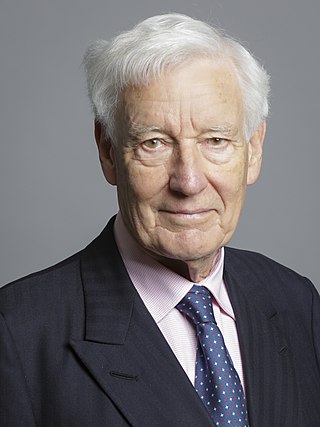
Charles James Dugdale, 2nd Baron Crathorne,, was Lord Lieutenant of North Yorkshire from 1999 until 2014. He is also one of the ninety hereditary peers elected to remain in the House of Lords after the passing of the House of Lords Act 1999, sitting as a Conservative. In 1977, he succeeded to his father's title.
This article is about the particular significance of the year 1894 to Wales and its people.
The Coronation Honours 1911 for the British Empire were announced on 19 June 1911, to celebrate the Coronation of George V which was held on 22 June 1911.

Vice-Admiral Sir Frederick Donald Gosling, was an honorary British vice admiral, Chairman of National Car Parks, and benefactor to naval charities.
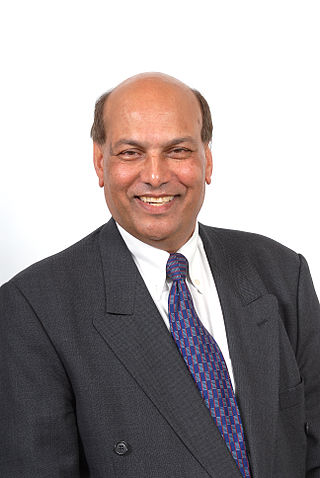
Raj Kumar Aggarwal is a Welsh-Indian pharmacist, public health expert, businessman and the first ever Honorary Consul for India with jurisdiction for Wales. In this role, he is responsible for helping to further links between Welsh and Indian business, educational establishments and cultural organisations, as well as looking after the needs of Indian nationals living and working in Wales. In March 2015, he was appointed president of the Consular Association of Wales.

Sir Alexander John Gordon, CBE was a Welsh architect. Born in Ayr, Scotland, he was brought up and educated in Swansea and Cardiff. After World War II he designed several major buildings in Cardiff and Swansea, and from 1971 to 1973 he served as president of the Royal Institute of British Architects. In 1974 he summarised the needs of new architecture as 'Long life, loose fit, low energy'.
The 1902 Coronation Honours were announced on 26 June 1902, the date originally set for the coronation of King Edward VII. The coronation was postponed because the King had been taken ill two days before, but he ordered that the honours list should be published on that day anyway.
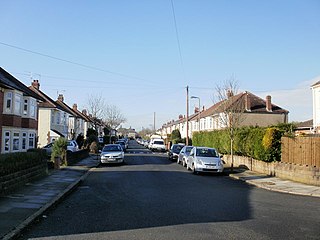
Thomas Alwyn Lloyd OBE, known as T. Alwyn Lloyd, was a Welsh architect and town planner. He was one of the founders of the Town Planning Institute in 1914 and its President in 1933. He was also a founding member of the Council for the Protection of Rural Wales in 1928 and served as its chairman from 1947 to 1959. Meic Stephens described Lloyd's work as follows:
Lloyd's small-scale buildings reflected his deep feeling for place, in both historical and environmental terms, as in the Garden Villages for which he was responsible in various parts of Wales.
As part of the British honours system, Special Honours are issued at the Monarch's pleasure at any given time. The Special Honours refer to the awards made within royal prerogative, operational honours and other honours awarded outside the New Years Honours and Birthday Honours.
Lieutenant-Colonel Sir James Stirling of Garden, is a retired Scottish army officer and chartered surveyor, who served as Lord Lieutenant of Stirling and Falkirk from 1983 to 2005.
Sir Algernon Eustace Hugh Heber-Percy, KCVO is a British landowner, farmer and public official.
The Glamorganshire Militia, later the Royal Glamorgan Light Infantry, was an auxiliary regiment reorganised in the county of Glamorganshire in South Wales during the 18th Century from earlier precursor units. Primarily intended for home defence, it served in Britain and Ireland through all Britain's major wars and supported the civil powers in peacetime. It became a battalion of the Welsh Regiment in 1881, and saw active service in the Second Boer War. Transferring to the Special Reserve in 1908 it trained thousands of reinforcements for that regiment during World War I. After a shadowy postwar existence, the militia was disbanded in 1953.












